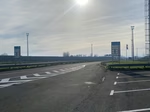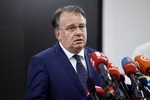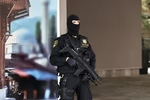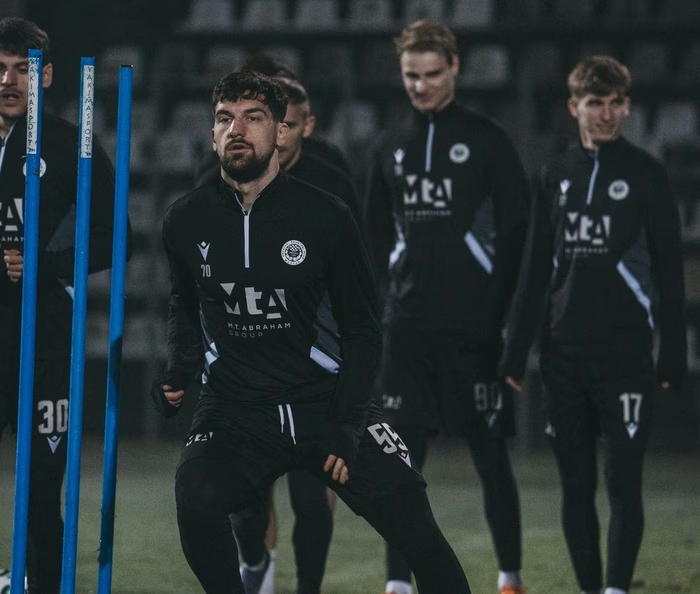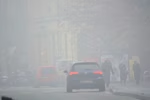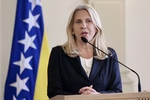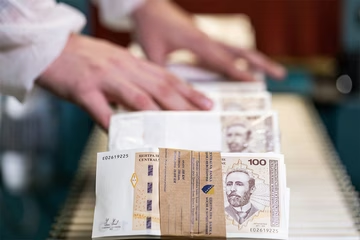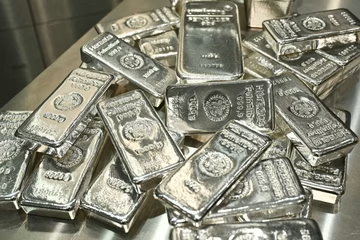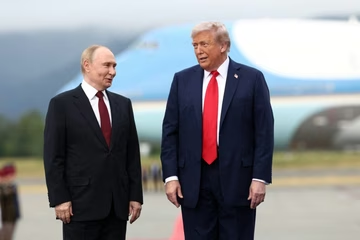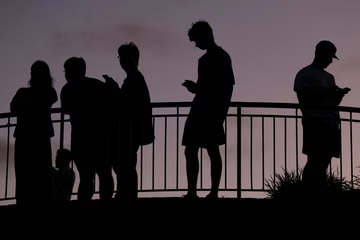Hasan carried his wounded brother for 20 km, and when they reached Nezuk, he died in his arms
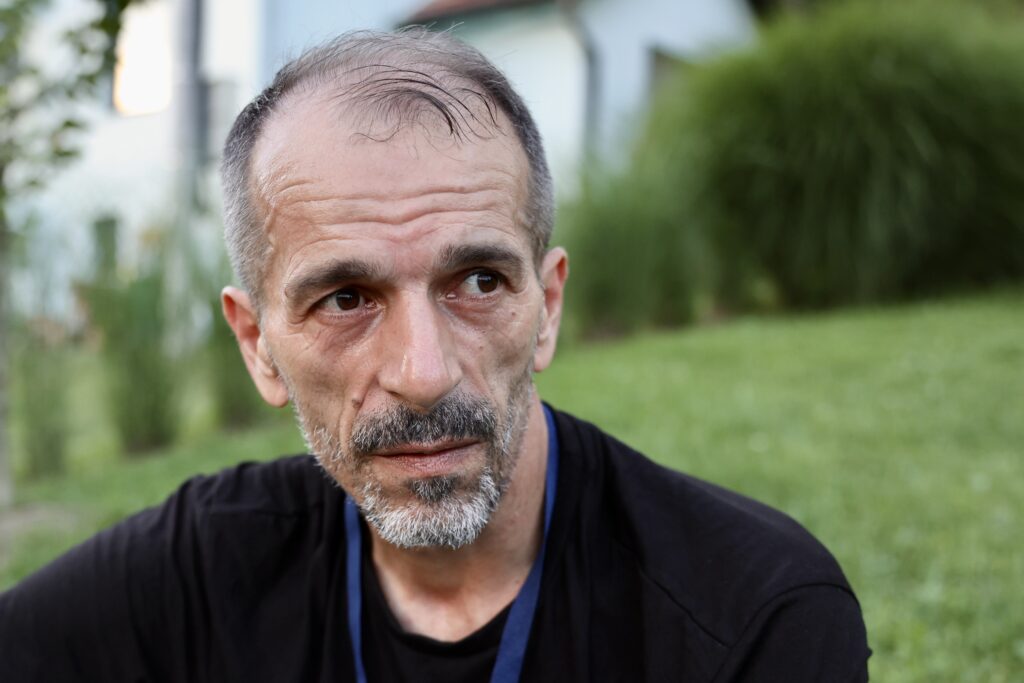
Among the thousands of Bosniaks who fled Srebrenica through the forests towards Tuzla on July 11, 1995, were three brothers—Hasan, Hasib, and Hajro Hasanović. Only Hasan survived. He covered the body of his youngest brother Hajro with a jacket and carried his wounded brother Hasib for 20 kilometres to the free territory of Nezuk, where Hasib ultimately succumbed to his injuries.
This year, Hasan once again joined thousands of participants in the Peace March, retracing the harrowing journey from Nezuk to Liplje. As he walked, he recalled the events of 1995 when he fled the Srebrenica enclave, attempting to reach the Army of Bosnia and Herzegovina's controlled territory near Tuzla while evading attacks by the Republika Srpska (RS) forces.
“We have just crossed two stages from Nezuk to Liplje, and this stage is always the hardest for me because my brother Hasib was severely wounded in this part and lived for nine and a half hours after being wounded,” Hasan recounts. “We stepped on mines; he was terribly wounded in the stomach, legs, and arms, and had one or two minor wounds on his head. Despite his severe injuries, he lived consciously for nine and a half hours. When I found him at 3:30 in the morning, I put my hand on his stomach, and he told me to move it because it hurt and he was alive. I asked him if he could walk, fully aware he couldn’t, but I tried to carry him. I also tried to help my neighbour Admir, but relatives took him after some time. I promised our mother that the two of us would reach the free territory. My brother Hajro had already died on the route we will cross tomorrow, specifically at Buljim on July 12,” he told N1 on the path from Nezuk to Potocari.
Hasib was wounded on July 16 at 3:30 in the morning after both brothers stepped on mines. Hasan, also injured, realized the extent of his own injuries only later, upon reaching Nezuk.
“I carried my brother for about nine and a half hours while he was still alive. He was fully conscious and heavily bleeding. When Dr. Ilijaz Pilav and Dr. Fatima Dautbasic saw him, they tried to bandage his wounds with whatever they had, but they said he wouldn’t live another ten minutes. He was so badly wounded,” Hasan recalled.
Before passing away, Hasib uttered two sentences that Hasan will never forget.
“‘Brother, I’m sorry I won’t see your son again,’” Hasib said, followed by a deep sigh, then continued, “‘Tell mum I was brave and didn’t suffer.’”
Hasan remembers the moment his brother died, “I thought that was the hardest moment of my life, my world collapsed, everything stopped for me, and I didn’t care if I died then, but I decided not to leave him. My brother is the only one killed deep in the territory and brought to the free territory during July 1995.”
Upon reaching Nezuk, his brother’s body was taken from him for an autopsy, revealing 72 shrapnel wounds and 12 penetration wounds. After two and a half months, Hasan transferred Hasib’s body to the Muslim cemetery in Boric, Tuzla. In 2009, Hasan faced further heartache when his brother Hajro’s remains were found in mass graves at Snagovo. Despite incomplete skeletal remains, Hasan decided to bury Hajro and requested that Hasib’s body be moved alongside him.
The year 2009 was particularly challenging for Hasan, as it was also when the remains of his uncle Vahid were found. The realization that he was the sole surviving male in his family, apart from his son, was profoundly difficult. Burying his three loved ones side by side under the state flag marked the hardest day of his life, as he personally lowered each casket into their graves.
Hasan also recounted the misinformation that reached their mothers during the war. He was among the first men to arrive at Dubrave airport, where the women were stationed. The sight of their mourning was unbearable, with the sound of weeping echoing along the airstrip. “It seemed easier to be dead than to be them,” he says. “When I saw them, that’s how I felt. From the beginning of the airstrip to the end, you could only hear crying.”
Despite his traumatic experiences, Hasan is determined to prevent hatred from growing in his heart or among his children. He emphasized the importance of remembering the past to prevent history from repeating itself. “But they must remember. They must remember because if we forget, it will happen again,” Hasan said.
Kakvo je tvoje mišljenje o ovome?
Učestvuj u diskusiji ili pročitaj komentare





 Srbija
Srbija
 Hrvatska
Hrvatska
 Slovenija
Slovenija










